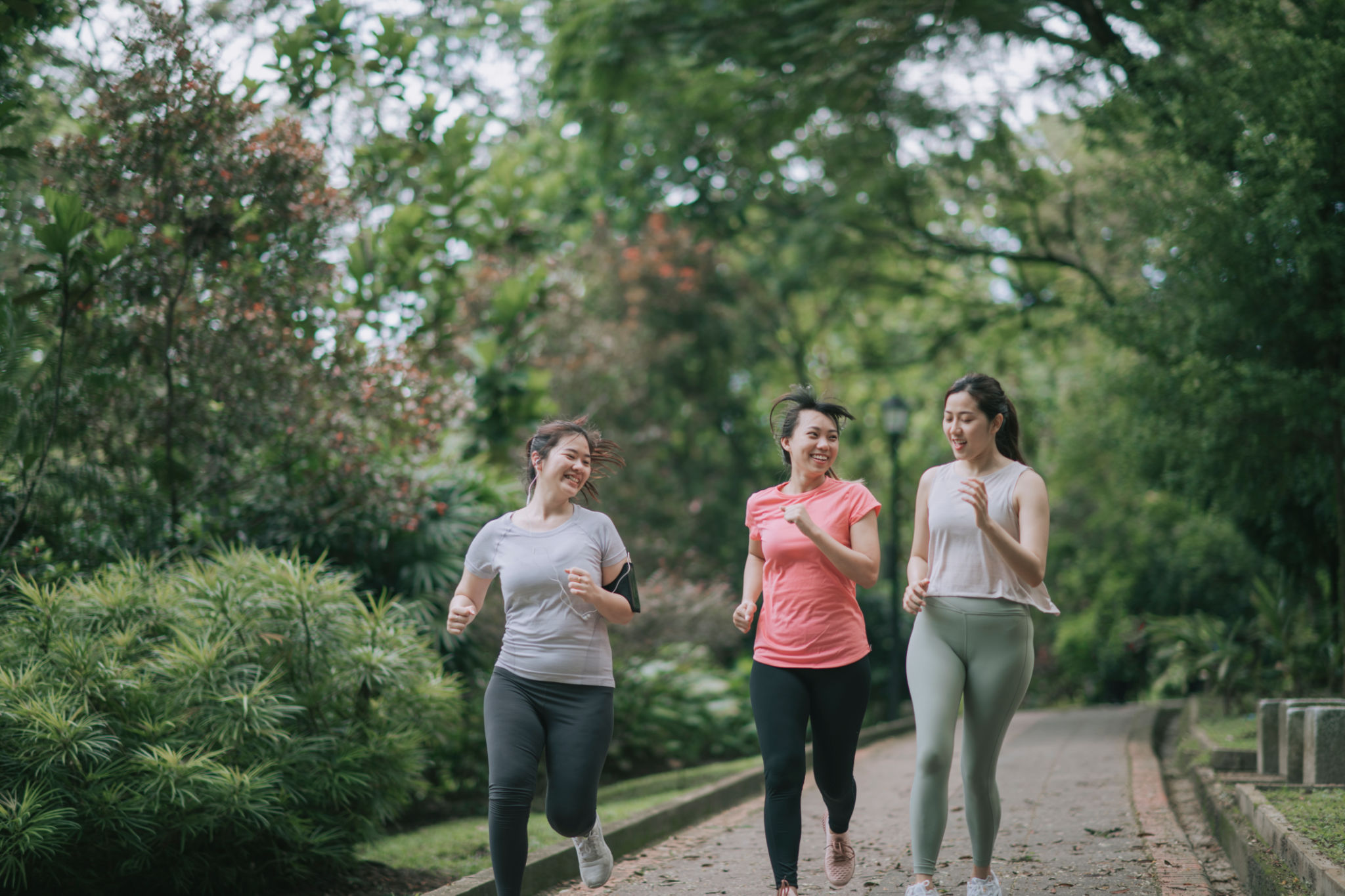Preparing for Competition: A Sport Psychologist's Checklist
In the high-stakes world of sports, mental preparation is just as crucial as physical training. A well-developed psychological strategy can enhance performance, boost confidence, and help athletes manage stress. This checklist, crafted by sport psychologists, offers essential steps to prepare mentally for competition.

Understanding the Importance of Mental Readiness
Before diving into specific strategies, it's vital to acknowledge the role of mental readiness. Athletes often focus on physical conditioning but neglect the psychological aspects. Mental readiness can be the difference between winning and losing, as it influences decision-making, focus, and resilience.
Setting Clear Goals
Begin by establishing clear, achievable goals. This keeps athletes motivated and focused. Goals should be specific, measurable, attainable, relevant, and time-bound (SMART). By setting short-term and long-term objectives, athletes can track their progress and stay committed to their training regimen.

Developing a Pre-Competition Routine
A pre-competition routine helps athletes enter the right mindset. Consistency is key. This routine could include specific warm-up exercises, visualization techniques, or listening to music. Such rituals can help reduce anxiety and provide a sense of control over the upcoming event.
Visualization Techniques
Visualization is a powerful tool in an athlete's mental toolkit. By imagining successful performances, athletes can build confidence and prepare their minds for the real thing. This involves vividly picturing every aspect of the competition, from the environment to executing skills flawlessly.

Managing Stress and Anxiety
Stress and anxiety are common before competitions, but they can hinder performance if not managed properly. Techniques such as deep breathing, mindfulness, and progressive muscle relaxation can help athletes maintain composure. It's important to recognize stress signals early and have strategies ready to address them.
Mindfulness Practices
Mindfulness helps athletes stay present and focused. It involves paying attention to the current moment without judgment. Regular mindfulness practice can improve concentration and reduce the likelihood of being distracted by negative thoughts during competition.

Building a Support System
Surrounding oneself with a strong support system is crucial. Coaches, teammates, family, and friends can provide encouragement and motivation. Athletes should communicate their goals and challenges with their support network to foster understanding and receive constructive feedback.
Feedback and Reflection
After competitions, it's essential for athletes to reflect on their performances. Receiving feedback from coaches and peers can highlight areas for improvement and reinforce strengths. This reflection process helps in continuous development and prepares athletes for future competitions.
